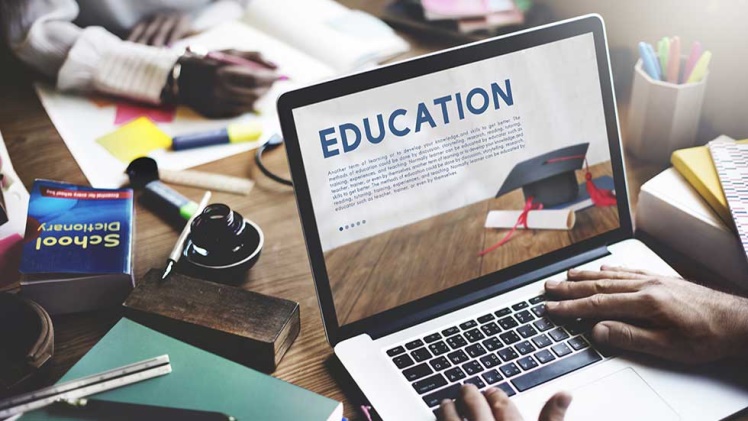
With the constant stream of notifications and updates, is social media a distraction or an asset for college students? Discover the surprising impact of social media on academic performance and how students can strike a balance between staying connected and staying on track.
Social media is used diversely irrespective of the demographics. It is an integral part of our daily lives, especially for college students. With Facebook, Instagram, Twitter, Snapchat, etc. students are constantly connected to their peers, friends, and family. However, studies by paper writer services have shown that excessive use of social media can lead to negative outcomes such as procrastination, decreased concentration, and poor results. Let us discuss about it broadly.
Adverse impacts of social media on students
1. Distraction
Since the platforms are designed to be highly lasenorita engaging, with constant notifications and updates, it can be a significant distraction for students.
2. Time Management
Excessive use of social media can take up a lot of time that would otherwise be spent studying or completing assignments.
3. Weaker Health
It affects the sleeping schedule, as well as, mental health. Various essay helper from eduhelphub say that social media use can lead to feelings of inadequacy, as students compare their lives to the curated and often-perfected versions of their peers’ lives. And if trapped in cyberbullying, it can cause anxiety, depression, low self-esteem, and isolation, contributing to poor results.
4. Misinformation
False information can spread quickly, making it hard for students to distinguish between accurate and inaccurate information.
5. Lacking communication competency
Decrease in face to face communication act as a barrier to interpersonal skills and personality development.
Productive impacts of social media on students
1. Motivates e-Learning
With the help of social media, many educational institutions offer distance learning and online classes, which can make education more accessible to students. Signing up for online courses and tutorials can enhance learning and develop skills. Sites like LinkedIn, Facebook, and YouTube even provide links to eBooks, notes, and other learning resources that can help writing essay paper for your college. You can also find educational content by researching and following expert influencers.
2. Career Development
Online presence can help you network with mentors and recruiters, and get continuous updates on career opportunities, internships, and job openings. Even professors, researchers, and industry professionals can give you access to valuable insights and advice.
3. Collaboration
Social media can facilitate collaboration on group projects and other assignments by participating in online communities that share similar interests and purposes. This creates a sense of belonging and connection, and boosts creativity by providing a place to express themselves.
4. Increased awareness
College students can stay informed about current events and social issues, and raise awareness about important causes and movements.
5. Breaking down barriers and improved communications
This point can be a little contradictory with what we have mentioned earlier in the cons of social media use. But, social media offers a variety of tools for communication, such as instant messaging and video conferencing, which can improve communication and collaboration among college students. It assists in breaking down of barriers, such as geographical distance and cultural differences, and provide opportunities to connect with people from diverse backgrounds.
Tips to maintain balance
- Set specific times for social media use
- Prioritize academic tasks
- Use social media for productivity
- Stay detached during important activities
Now that we have explored both the sides, it is the job of the students to use social media in a balanced and responsible way, setting boundaries and managing their time effectively in order to achieve a balance between social media use and academic success. Additionally, it is important for educators and institutions to provide guidance and support to students on how to use social media in a constructive way.
